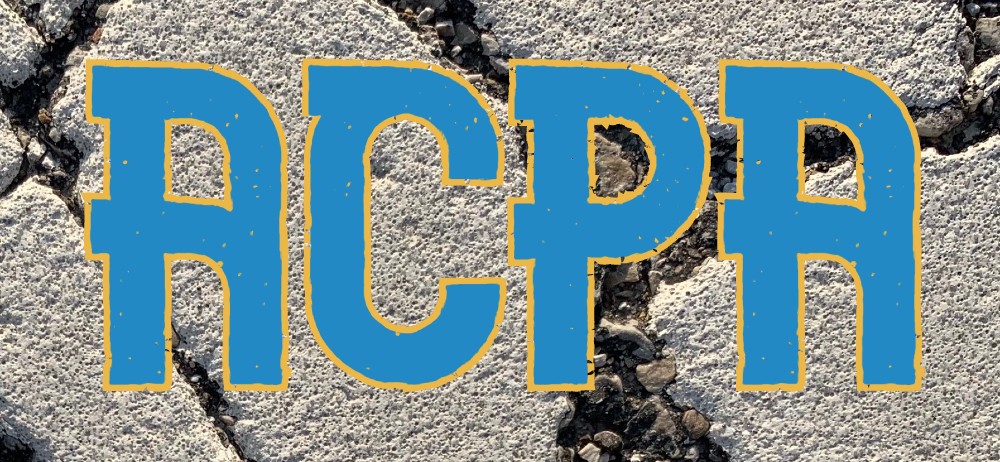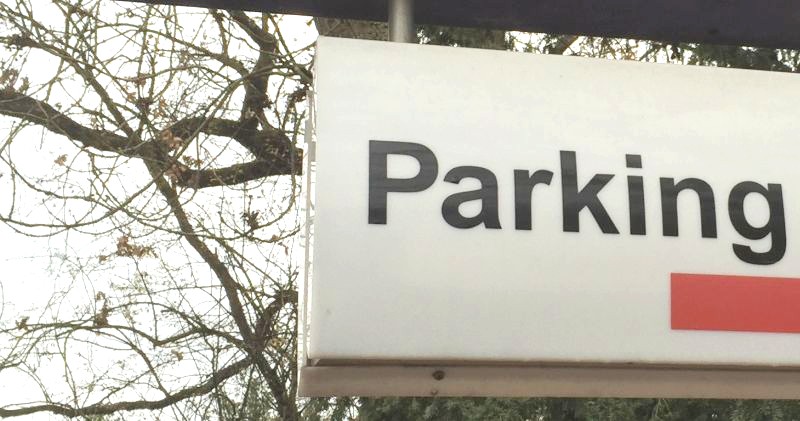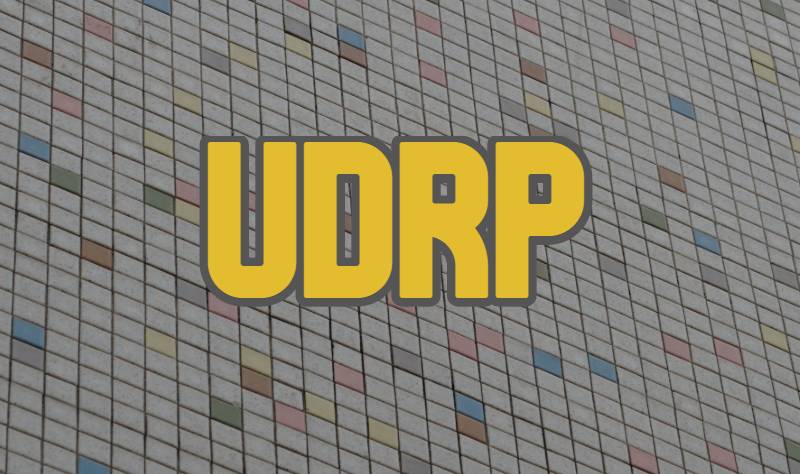A recent case from a federal court in Kentucky shows why the Anticybersquatting Consumer Protection Act (15 U.S.C. 1125(d) – the “ACPA”) can be – compared to the Uniform Domain Name Dispute Resolution Policy (“UDRP”) – a relatively inefficient way of resolving domain name disputes under federal law.

Defendant was an infringer
Here is a quick rundown of the facts. Defendant owned a business directly competitive to plaintiff ServPro. Plaintiff had used its mark and trade dress since the 1960’s. Defendant set up a website using plaintiff’s color scheme, bought Google AdWords triggering ads showing plaintiff’s mark, and registered a domain name identical to plaintiff’s mark – servpro.click. These facts supported the court’s entry of summary judgment in plaintiff’s favor on the question of trademark infringement. But the ACPA claim got the court got hung up because of some hard-to-believe facts the defendant put forward.
What the ACPA requires
The ACPA requires a plaintiff to prove bad faith intent to profit from the disputed domain name. And it gives courts a list of nine things that a court can consider in determining this bad faith. In other words, this list is not the be-all and end-all guide for determining ACPA bad faith. Here are the nine things a court should consider in resolving domain name disputes under federal law:
- (I) the trademark or other intellectual property rights of the person, if any, in the domain name;
- (II) the extent to which the domain name consists of the legal name of the person or a name that is otherwise commonly used to identify that person;
- (III) the person’s prior use, if any, of the domain name in connection with the bona fide offering of any goods or services;
- (IV) the person’s bona fide noncommercial or fair use of the mark in a site accessible under the domain name;
- (V) the person’s intent to divert consumers from the mark owner’s online location to a site accessible under the domain name that could harm the goodwill represented by the mark, either for commercial gain or with the intent to tarnish or disparage the mark, by creating a likelihood of confusion as to the source, sponsorship, affiliation, or endorsement of the site;
- (VI) the person’s offer to transfer, sell, or otherwise assign the domain name to the mark owner or any third party for financial gain without having used, or having an intent to use, the domain name in the bona fide offering of any goods or services, or the person’s prior conduct indicating a pattern of such conduct;
- (VII) the person’s provision of material and misleading false contact information when applying for the registration of the domain name, the person’s intentional failure to maintain accurate contact information, or the person’s prior conduct indicating a pattern of such conduct;
- (VIII) the person’s registration or acquisition of multiple domain names which the person knows are identical or confusingly similar to marks of others that are distinctive at the time of registration of such domain names, or dilutive of famous marks of others that are famous at the time of registration of such domain names, without regard to the goods or services of the parties; and
- (IX) the extent to which the mark incorporated in the person’s domain name registration is or is not distinctive and famous within the meaning of [the Lanham Act].
The court’s decision on cybersquatting
The court found that factors I through IV and IX weighed in plaintiff’s favor. But the court found there to be a genuine issue as to factor V and denied summary judgment. It found that defendant had an intent to divert plaintiff’s customers.
Defendant asserted he did not purchase the servpro.click domain name intending to divert customers from plaintiff for defendant’s gain. Instead, he alleged that he registered the domain name to collect information and perform analytical research for running Google AdWords. He also alleged that the website the domain name pointed to did not advertise that it was ServPro. And the contact information on the website pointed to his personal cellphone. He alleged that when answering calls made to that number, he identified himself as affiliated with his company and never identified himself as affiliated with plaintiff.
The court probably had difficulty denying summary judgment
in a situation where the facts alleged are so hard to believe. A court’s role at the summary judgment stage, however, is not to weigh the evidence, but merely to determine whether there is a factual issue for trial. The time for really ascertaining the truth of defendant’s assertions will come later.
Was the ACPA too cumbersome for this case?
In any event, these flimsy arguments remaining alive far into expensive litigation underscores how domain disputes under federal law are more cumbersome . The marshaling of evidence, briefing and argument in federal court can easily rack up six-figures in attorney’s fees and costs. Even after that effort, the summary judgment standard provides little assurance a party arguing against thin facts will get relief. Had the parties resolved this dispute under the UDRP and not the ACPA, plaintiff’s arguments would have had more success.
ServPro Intellectual Property, Inc. v. Blanton, 2020 WL 1666121 (W.D. Ky. April 3, 2020)
Related:


